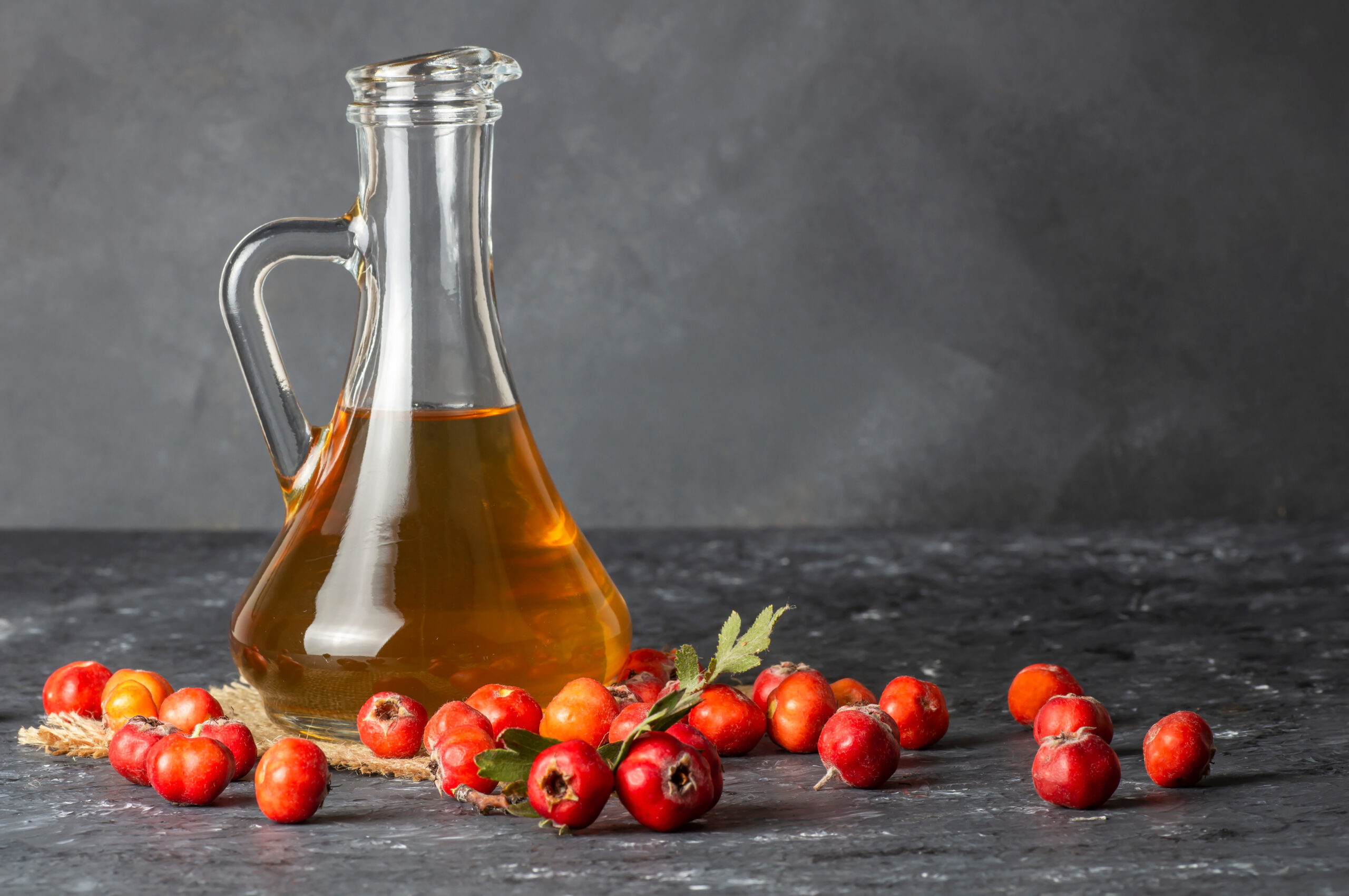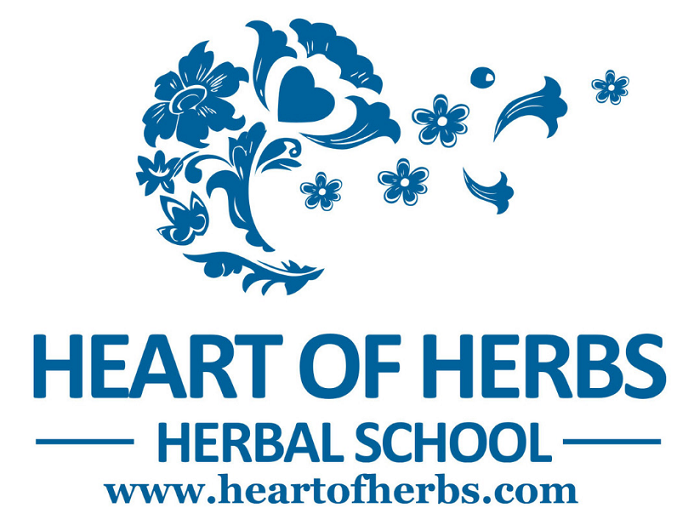Versatile Herb Hawthorn: Its Many Uses and Benefits
Hawthorn, scientifically known as Crataegus, is a remarkable herb that has been treasured for its therapeutic properties for centuries. Let’s explore and shed light on its medicinal and culinary applications and potential health benefits.
Cardiovascular Health
One of the most well-known uses of hawthorn is its positive impact on cardiovascular health. Studies suggest that hawthorn can help improve blood circulation, reduce high blood pressure, and lower cholesterol levels. It is often used as a natural remedy to support heart health and may be taken in various forms, such as capsules, teas, or tinctures.
Heart Palpitations
Hawthorn has traditionally been used to manage heart palpitations and irregular heartbeats. Its ability to stabilize the heartbeat is attributed to its vasodilatory properties, which relax blood vessels and promote better blood flow.
Digestive Aid
Hawthorn has mild digestive benefits and can help alleviate symptoms like indigestion and bloating. Drinking hawthorn tea after a heavy meal may soothe discomfort and aid digestion.
Antioxidant Properties
Hawthorn is rich in antioxidants, including flavonoids and polyphenols. These compounds help combat oxidative stress, reducing the risk of chronic diseases and promoting overall health.
Anxiety and Stress Reduction
Hawthorn is a natural remedy for anxiety and stress management due to its calming effect on the nervous system. It promotes relaxation and reduces tension.
Anti-Inflammatory Benefits
Inflammation is at the root of many chronic diseases. In addition, Hawthorn’s anti-inflammatory properties can be beneficial in managing conditions like arthritis and other inflammatory disorders.

Skin Health
Topical hawthorn creams or ointments can help with skin issues, including minor wounds, burns, and irritations. Its anti-inflammatory and antioxidant properties aid in healing and may reduce the risk of infection.
Culinary Uses
Moreover, its medicinal properties, hawthorn also enters the culinary world. The berries of the hawthorn plant can be used to make jams, jellies, and sauces. Some cultures flavor desserts and beverages, adding a unique tartness to recipes.
Hawthorn Syrup Recipe
Yield: 2 to 3 cups
6 cups fresh Hawthorn Berry
1⁄3 cup honey or vegetable glycerin
One teaspoon dried marshmallow root
1/2 cup rosehips
2 cups vodka or brandy
One tablespoon of lime or lemon juice
In enough water to cover the berries and rosehips, cook the berries for 20 minutes and strain out the water into a bowl. Mash the hawthorn berries and rosehips in a large strainer over a bowl, capturing the
juice in the bowl. Transfer the liquid to a medium saucepan. Cover and simmer
over medium heat for 35 minutes. Remove from the heat and stir in
the honey, vodka, and lime juice. Strain and discard the herbs. Cool thoroughly. Stored in a sealed glass bottle in the refrigerator.
Traditional Remedies
Additionally, Hawthorn has a rich history in traditional medicine, such as Traditional Chinese Medicine (TCM) and Ayurveda, where it is commonly used to treat digestive issues, heart conditions, and anxiety.
Safety Considerations
While hawthorn is generally considered safe, it’s essential to consult a healthcare professional before using it as a supplement, especially if you are pregnant, nursing, or taking medication. Some individuals may experience mild side effects such as dizziness or digestive discomfort.
Hawthorn is a herb with a long history of medicinal and culinary uses, offering a range of potential benefits such as supporting heart health, aiding digestion and reducing inflammation. However, it’s important to use hawthorn under the guidance of a healthcare professional as individual responses may vary. Whether you prefer supplements, teas, or culinary creations, hawthorn is a valuable herb that continues to captivate those seeking natural remedies for various health concerns.
Disclaimer
Disclaimer Blog
The information presented on the Heart of Herbs Herbal School/Demetria Clark websites is for educational purposes only. Heart of Herbs Herbal School/Demetria Clark Education LLC makes neither medical claims nor intends to diagnose or treat medical conditions. Links to external sites are for informational purposes only. Heart of Herbs Herbal School/Demetria Clark neither endorses them nor is in any way responsible for their content. Readers must do their own research regarding the safety and usage of any herbs, recipes, or supplements.
